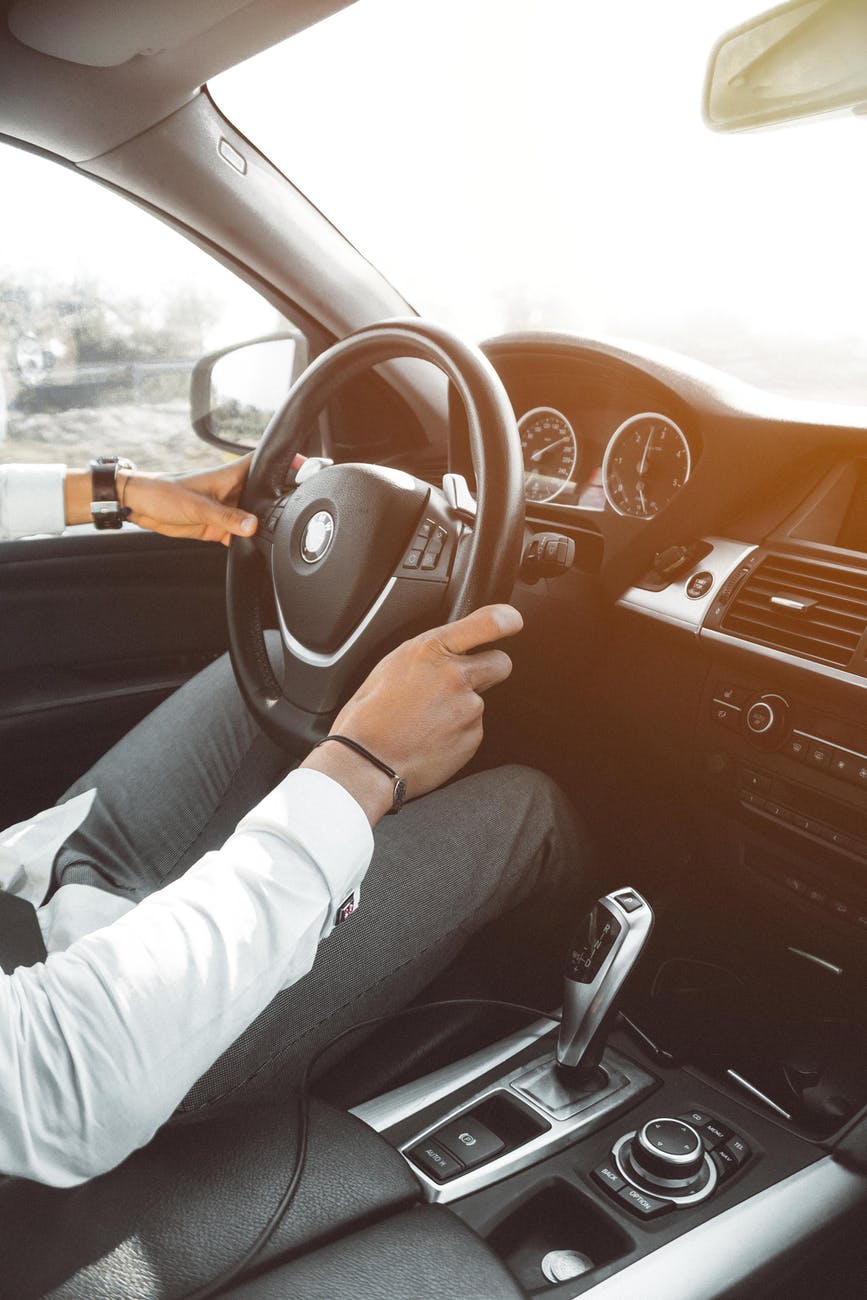
5 Factors That Influence the Cost of Car Repairs
Car repairs are one of those unavoidable expenses that can catch you off guard. Whether it’s a minor fender bender or a more serious accident, the cost to fix your vehicle can vary widely. So, what actually determines how much you’ll pay when your car is in the shop? Here are five key factors that impact the cost of car repairs:
1. Make and Model of the Vehicle
One of the biggest determinants is the type of car you drive. Luxury brands like BMW, Audi, and Mercedes-Benz tend to have higher repair costs because they often require specialized parts and expert technicians. Even within the same brand, newer or more technologically advanced models might be more expensive to fix due to complex systems like adaptive cruise control, sensors, or hybrid engines. On the flip side, common and widely available vehicles like Toyota Corollas or Honda Civics usually have more affordable parts and labor costs.
2. Severity of the Damage
Not all accidents are created equal. A minor scratch or dent can usually be repaired quickly and inexpensively. However, if the damage affects essential systems like the frame, suspension, or engine, the costs can skyrocket. Additionally, modern vehicles often house delicate electronics and safety features (like airbags and collision detection systems) that can be costly to replace or recalibrate after a crash.
3. Labor Costs
The price of labor varies significantly based on where you live and which repair shop you choose. Dealership service centers typically charge higher hourly rates compared to independent garages, but they may offer specialized knowledge for your specific make and model. Geographically, labor rates can also fluctuate—urban areas or states with a higher cost of living tend to have pricier services.

4. Availability of Parts
Parts availability plays a huge role in repair costs. If the parts needed for your vehicle are easily accessible and widely manufactured, the price is generally lower. However, if your car requires rare, imported, or discontinued parts, expect to pay more and possibly face longer wait times. Vehicles with custom modifications or classic cars also fall into this category, where sourcing parts can be more difficult and costly.
5. Insurance Coverage and Deductibles
While this doesn’t directly affect the actual cost of repairs, your car insurance policy can influence how much you pay out-of-pocket. Comprehensive and collision coverage can cover repair costs after an accident, but you’ll still need to meet your deductible first. Additionally, if you choose to go outside of your insurer’s preferred network of repair shops, you might face additional charges.

Contact Us
Understanding what drives the cost of car repairs can help you make smarter decisions when it comes to vehicle maintenance, insurance coverage, and even which car to buy. Regular upkeep, cautious driving, and reviewing your insurance policy are all steps that can save you money in the long run. After all, being informed is the first step to avoiding unpleasant surprises at the repair shop!
Get a car insurance quote today by calling us at (541) 318-8835 or click here to connect with us online.




